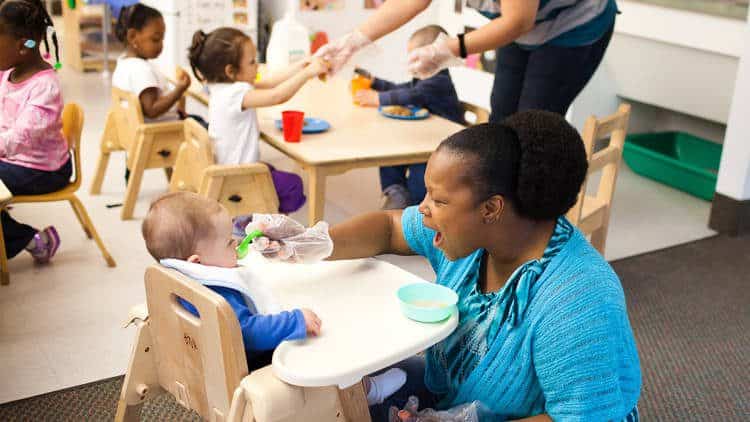
Open Letter
Why I Traveled 2,000 Miles to Advocate for Quality, Affordable Child Care
A typical working mom struggling to find child care, Amy joined Strolling Thunder and took her story to Capitol Hill to encourage Congress to Think Babies.
Details




